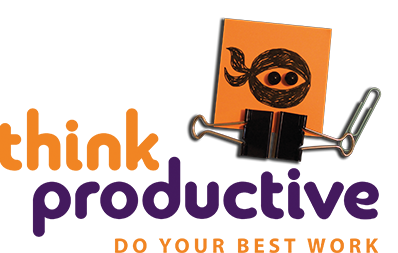The way you communicate with others can easily and quickly change their perception of you. Every time you communicate with someone else, you’re either strengthening or weakening your own credibility with them. The way you express and conduct yourself over email, on the phone and in person is critical. We’ve compiled the following time-tested tips on how to build and maintain credibility through effective communication.
1. Proactively consider the follow-up questions others will have in advance.
Having a timely response to these follow-up questions communicates the fact that you’ve considered all angles, anticipated potential breakdowns and accounted for them.
This applies doubly in brief interactions, especially with busy people in a position of authority. When the interaction is a quick 90-second call or a two-minute face-to-face conversation, you have very little time to make an impression. So, the more progress you can catalyze, the better.
2. Speak confidently, sincerely and succinctly.
When you have a point to make, stick to your guns and make sure you’re being heard; stay true to your personality and leadership style. Speaking from the heart, with passion, is something people can sense intuitively.
Nothing erodes your credibility faster than language like, “This is probably a dumb idea, but ____,” or nervously rambling on long after you’ve expressed your point.
3. Actively listen to others in conversations and meetings.
Most people listen passively while pondering their responses instead of being fully immersed in the discussion. You, however, are not most people. Maintain strong eye contact and empathize with the individual who’s speaking.
When it’s your turn to reply, feel free to pause if you need to collect your thoughts before answering. Heartfelt consideration trumps speedy responses every time.
4. Don’t be afraid to ask for clarification when needed.
When you’d like more context, use language that won’t detract from your credibility. For example, you can repeat your understanding of the statement/instructions you’ve heard: “I’m hearing [reflect what they are saying in your own words]. Is that accurate?”
If the discussion will take more than a brief exchange, ask to schedule a call or meeting to gain some clarity. “Could we schedule a few minutes to go over _______. I want to be sure I fully understand _____ so that I can best represent your vision and intended outcomes.”
5. Don’t make promises you can’t keep.
What’s that special skill you were hired for? Be the person your employers believe they hired, or the leader your team sees you as. Kick ass at the things you say you are good at. If you don’t, you’re essentially catfishing your employers and coworkers and becoming someone that can’t be trusted to get things done. If you do make a commitment or promise, follow through. And if you sense you can’t stick to said commitments, avoid making them in the first place. Knowledge — and in this case, self-knowledge — is power.
By Marissa Brassfield
